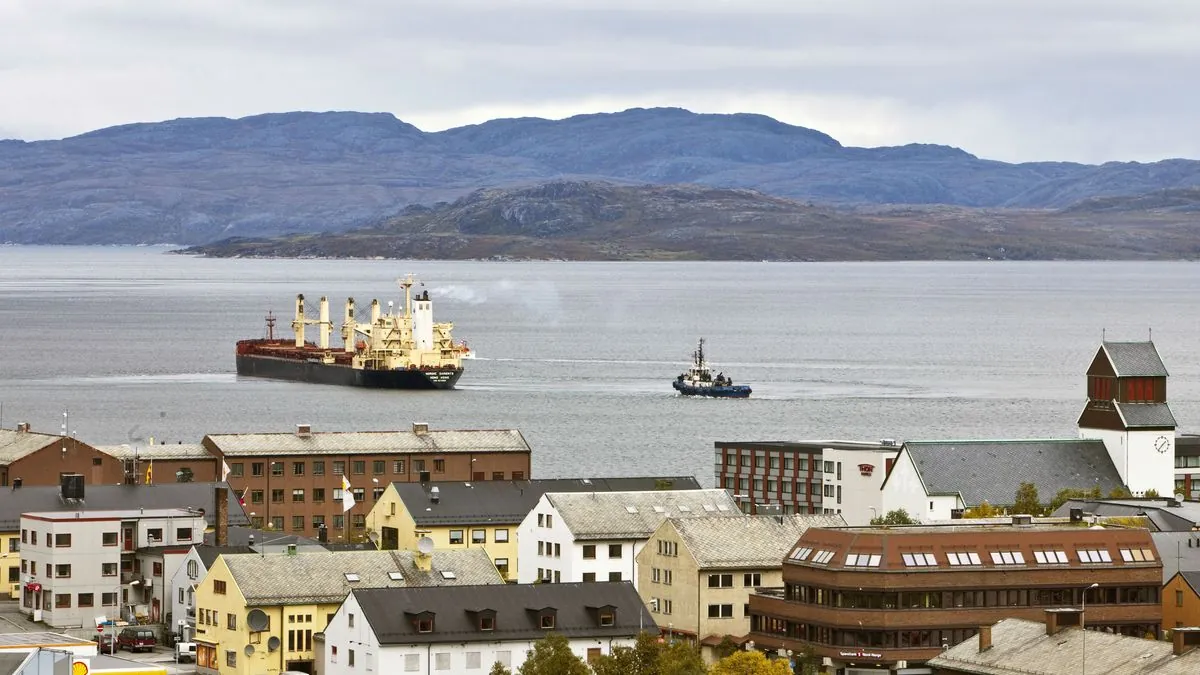In a scenario reminiscent of past globalization trends, the small Arctic town of Kirkenes, Norway, is actively seeking foreign investment for its port expansion. However, this seemingly routine business pursuit has ignited a complex debate over national security concerns.
The Port of Kirkenes, owned by the Sor-Varanger municipality with approximately 10,000 residents, faces financial challenges in maintaining and expanding its facilities. Located just 53 nautical miles from Russia's Port of Pechenga, it holds significant strategic value as the NATO port closest to Russian territory.
Terje Jorgensen, the port's director, has been in communication with China's state-owned shipping giant COSCO since February 2023. COSCO, which owns 1,417 vessels totaling 116 million deadweight metric tons, recently ordered 42 additional ships worth $1.8 billion. The company's global presence includes stakes in ports across Belgium, Spain, Italy, Greece, and the United States.
The pursuit of Chinese investment occurs against a backdrop of shifting geopolitical dynamics. Norway's military intelligence agency has noted China's expanding cooperation with Russia in the Arctic, while the Norwegian Police Security Service warns of China's ambitions to control critical supply chains in the region.
Despite these concerns, local leaders in Kirkenes remain committed to attracting Chinese investment. At least five other Chinese companies have expressed interest in establishing a presence in the town. This determination echoes past instances of local-national conflicts over foreign investments, such as the 2007 case involving Nord Stream and Sweden's Gotland island.
"We want a good interaction between the authorities and the municipalities to balance consideration for business and local communities on the one hand and national security on the other. However, the government is prepared to say no to Chinese actors if it is necessary to safeguard national security."
The Norwegian government's stance, as articulated by Minister Mehl on September 4, 2024, indicates a willingness to intervene if necessary to protect national security interests. This position sets the stage for potential clashes between local economic aspirations and broader geopolitical considerations.
As the situation unfolds, it serves as a microcosm of the challenges faced by many countries in balancing economic opportunities with national security concerns in an increasingly complex global landscape. The outcome of this Arctic port dilemma may well set a precedent for similar cases in the future.
